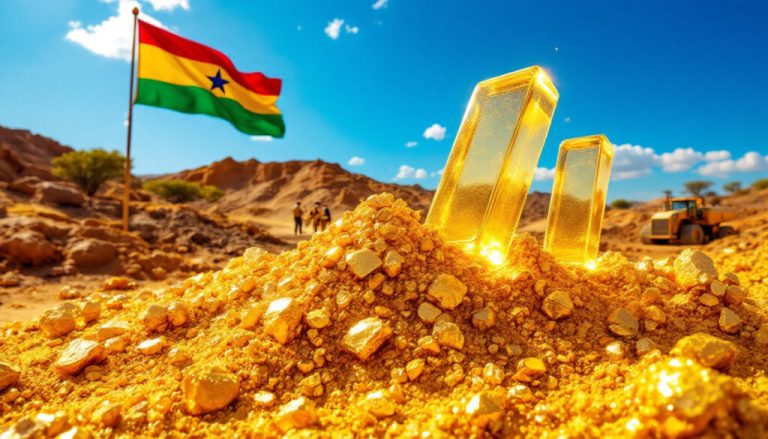Burkina Faso has begun building a national gold reserve for the first time since its independence. The government announced plans to retain at least 5% of the country’s annual gold production to serve as internal reserves. This is a historic move aimed at strengthening national sovereignty and economic resilience,.
The initiative marks a strategic shift in the management of Burkina Faso’s vast mineral wealth. As one of Africa’s top gold producers, the country recorded an output of approximately 57.3 tonnes of gold in 2023, sourced from 17 industrial-scale mines.
By setting aside a portion of this output, the government seeks to bolster the country’s financial stability, enhance its monetary sovereignty, and reduce reliance on foreign reserves.
“This is a landmark step in our pursuit of economic self-determination,” said a government official close to the initiative. “By accumulating a gold reserve, Burkina Faso is asserting greater control over its resources and building a cushion for future generations.”
The move is in line with broader regional efforts to reclaim economic autonomy and leverage natural resources for national development. Analysts view the gold reserve policy as a potential model for other resource-rich nations in the Sahel and beyond.
Burkina Faso’s mining sector, which is dominated by gold, has been a key contributor to national revenue, exports, and employment. However, critics have long argued that much of the value derived from gold production flows out of the country, benefitting foreign stakeholders more than local communities.
By initiating a national reserve, the government hopes to begin reversing that trend—storing value domestically while retaining a critical asset that can be leveraged in times of economic or political stress.
Further details on the reserve’s storage mechanism, institutional oversight, and annual accumulation targets are expected to be unveiled in the coming months.


